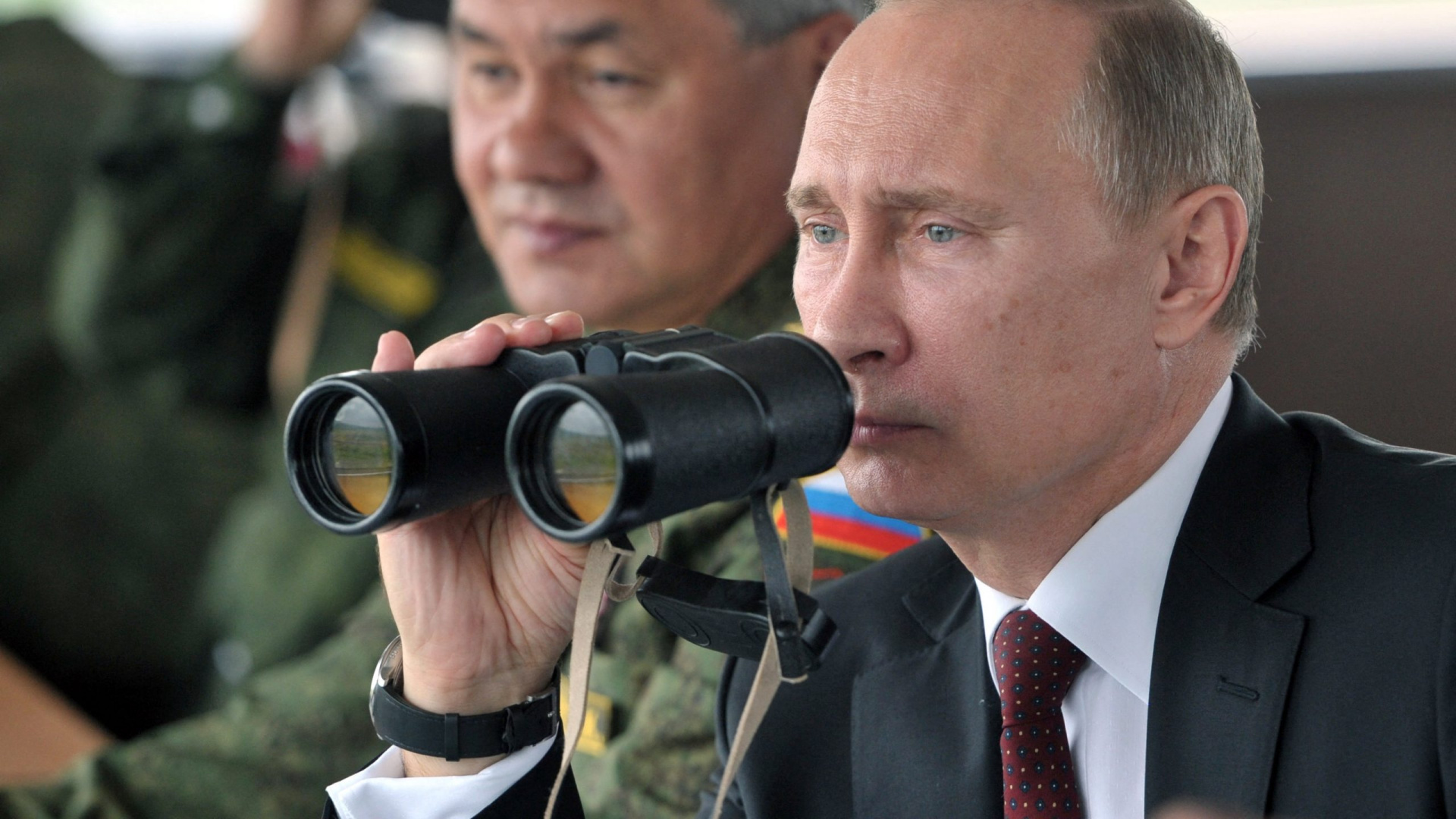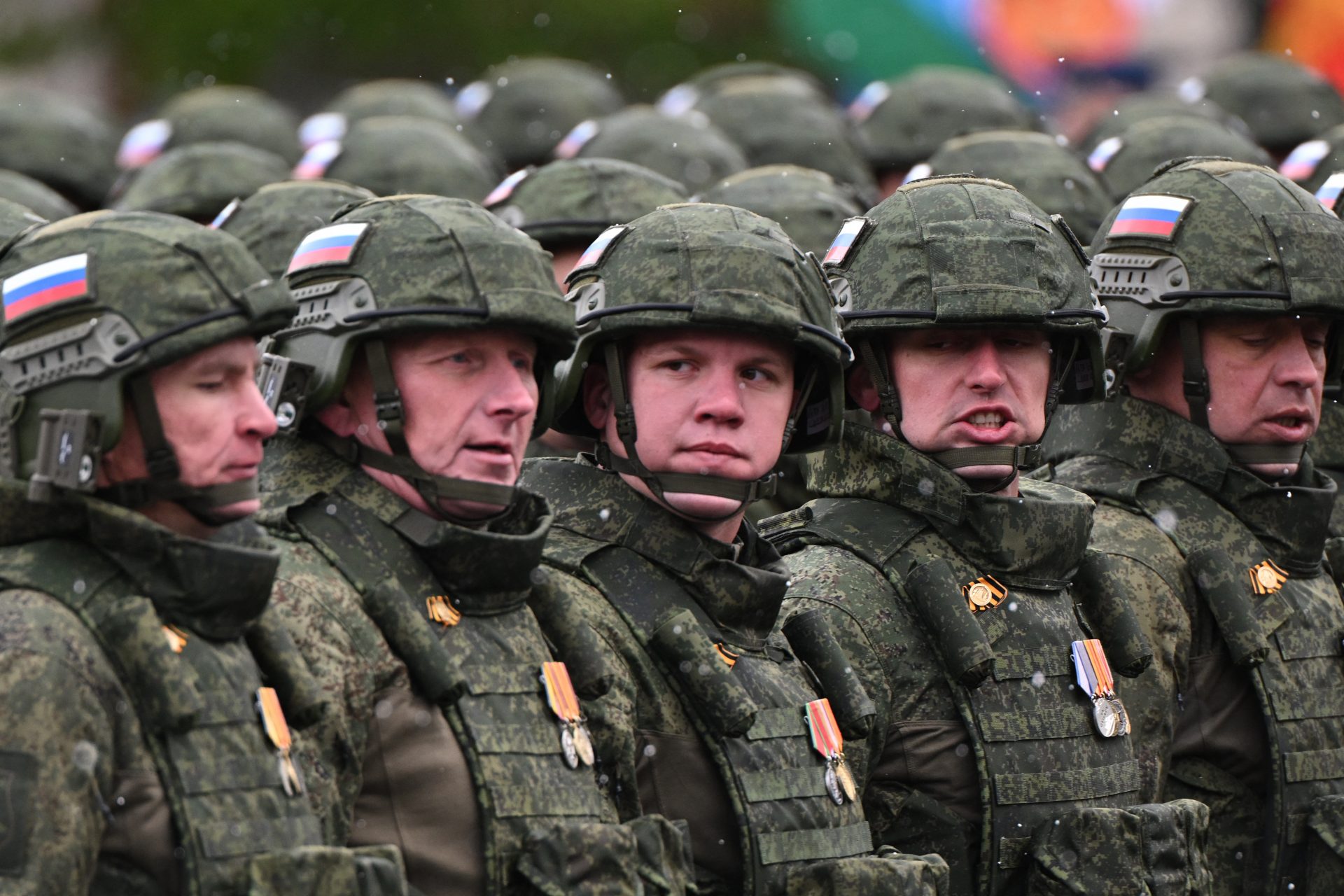Iran issues first death sentence over protests
A court in Iran has issued the first death sentence to a person arrested for taking part in the protests that have engulfed the country since September, according to state media.
The execution was ordered for an unidentified person for allegedly setting fire to a government building.
Iran is believed to execute more people annually than any other country except China, and the first known death sentence passed against a figure identified with the protest movement has alarmed NGOs.
According to Iran Human Rights, at least 326 people have died in 57 days of demonstrations, including 43 children and 25 women. And thousands more have been detained.
The Gasht-e Ershad (Guidance Patrols) known as the morality police are special police units tasked with ensuring the respect of Islamic morals and detaining people who are perceived to be improperly dressed.
Mahsa Amini allegedly had some hair visible under her headscarf when she was arrested by the morality police on September 13.
She fell into a coma shortly after collapsing at a detention center and died three days later in a hospital. Several witnesses said that officers beat her head with a baton and banged it against one of their vehicles.
The police denied everything and said Amini died of "sudden heart failure," but her family has said she was fit and healthy and accused the police of covering up the truth.
The death of Amini sparked a series of protests that spread, not only to several cities in Iran, but to various capitals around the world.
Meanwhile, Iranian officials behind the violent repression of protests across Iran have been hit with new European sanctions, as Emmanuel Macron declared the ongoing unrest to be a revolution and claimed nuclear talks with western powers had reached a prolonged standstill.
Macron, who met Iranian dissidents in Paris told French Inter radio: “Something unprecedented is happening. The grandchildren of the revolution are carrying out a revolution and are devouring it.”
Because Iranians are not only protesting the murder of Mahsa Amini and others by the police, they’re calling for the downfall of the Islamic Republic itself.
The oppressive and violent regime started in 1979, with the triumph of the Islamic Revolution.
The pro-Western Shah Mohammad Reza Pahlavi (pictured with his wife Farrah) was overthrown, and oppressive laws like the ‘hijab law’ were put in place.
According to human rights groups estimations, in the period of 1980 to 1985, between 25,000 to 40,000 Iranians were arrested, 15,000 Iranians were tried and 8,000 to 9,500 Iranians were executed.
At least 251 people were executed between January 1 and June 30, 2022, according to research by the Abdorrahman Boroumand Centre for Human Rights in Iran and Amnesty International.
More for you
Top Stories






























